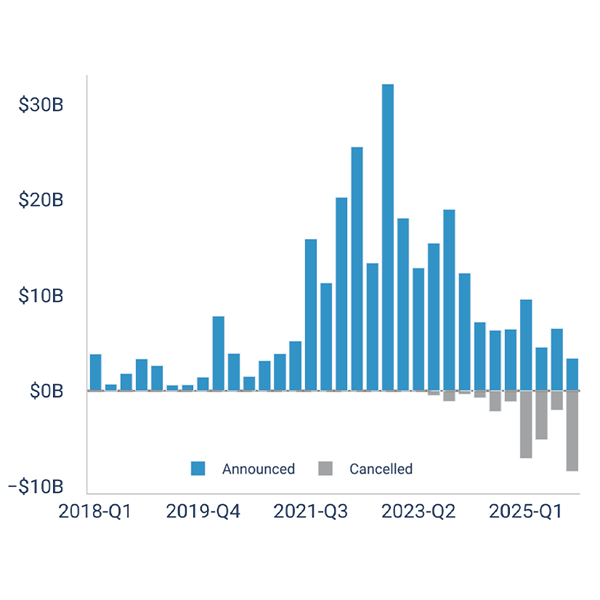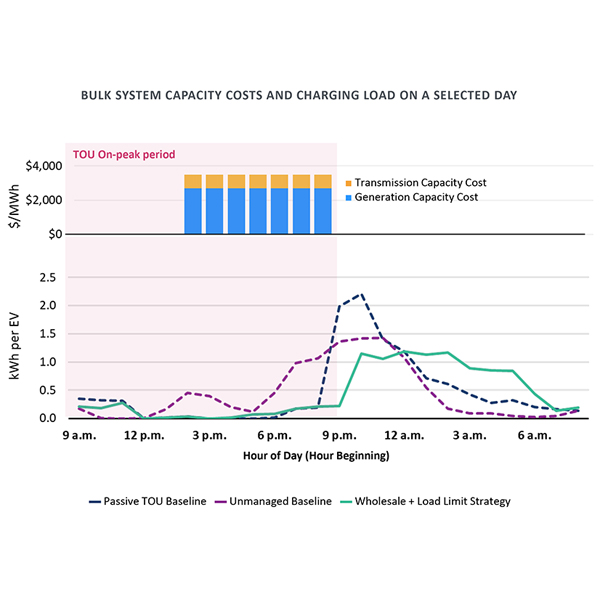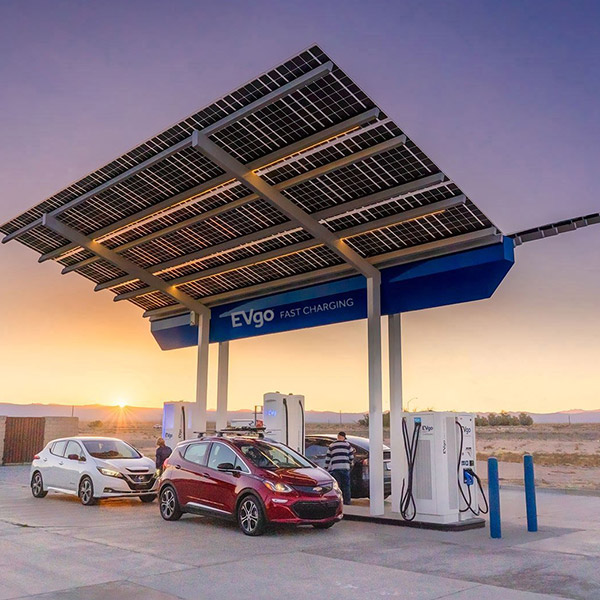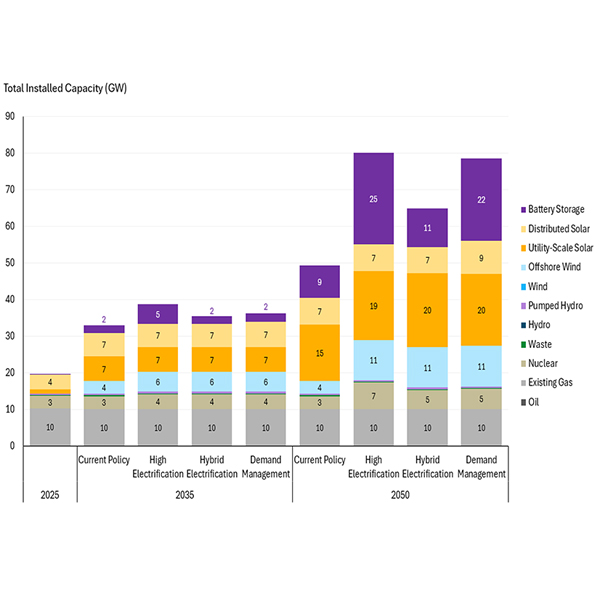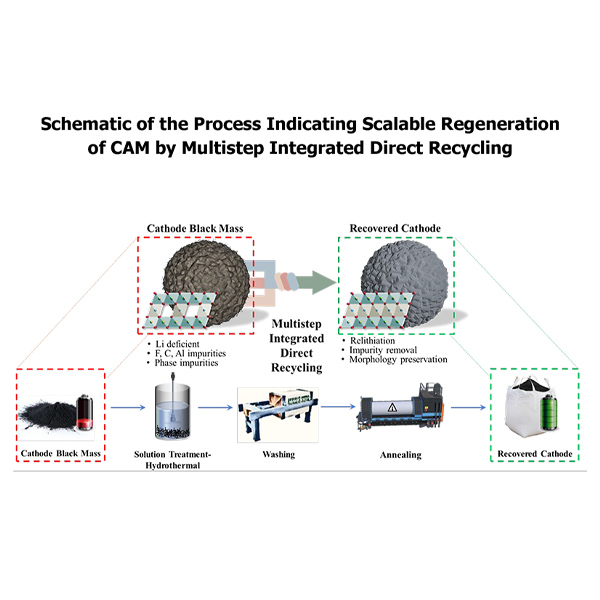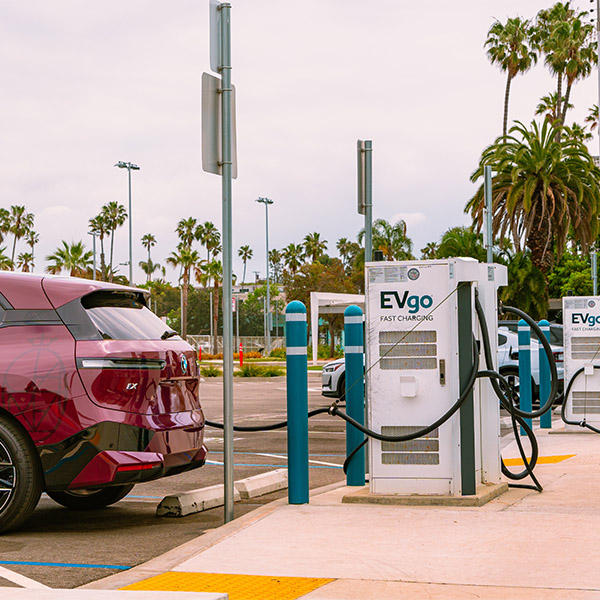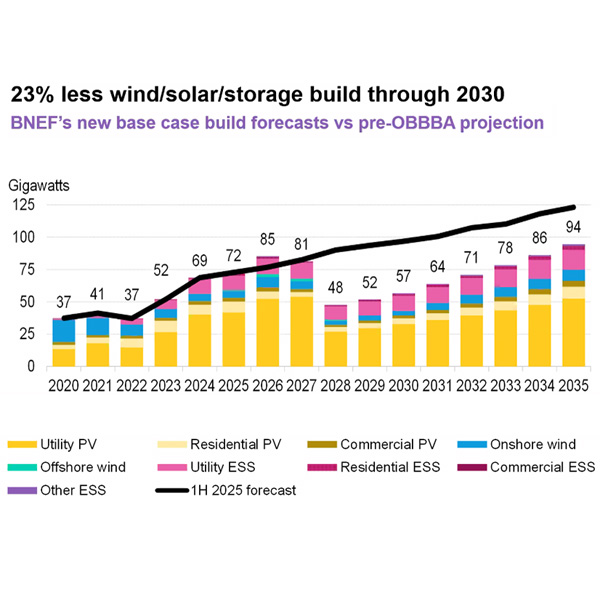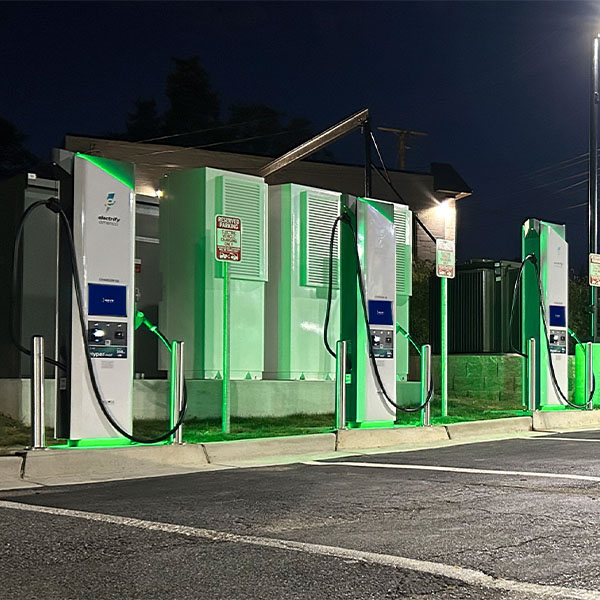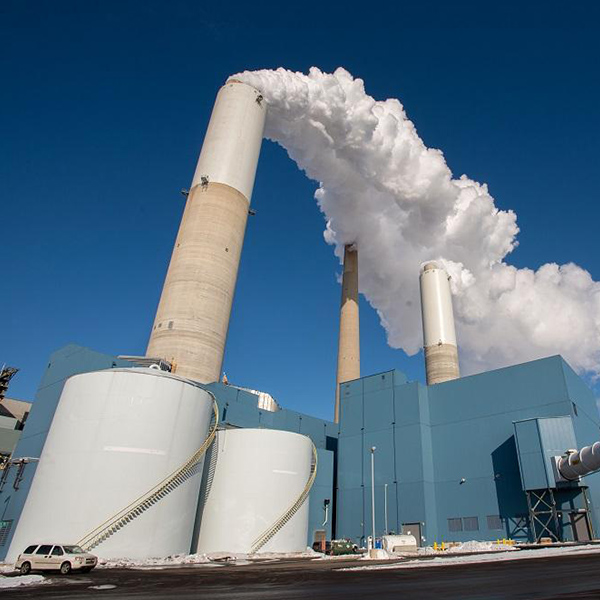Light-duty vehicles
In late 2025, U.S. cleantech manufacturing investment cancellations reached their highest level of any quarter in the eight years a database has been tracking such announcements.
EnergyHub and Brattle Group released a study based on a real-world test of different strategies for managing charges on distribution circuits, which found significant benefits from managed charging once EVs become more common in a neighborhood.
The California Energy Commission granted about $15 million to private companies to install more than 100 electric vehicle fast chargers in the Golden State.
New Jersey should continue to pursue a strategy of heavy reliance on clean energy to head off the state’s looming energy shortage, with no increase in natural gas generation, says outgoing Gov. Phil Murphy.
A research team in San Diego has developed a new method for recycling lithium-ion batteries in California as electric vehicle and energy storage sales boom across the world.
The California Energy Commission predicted significant funding cuts to a key electric vehicle charging program, despite the state setting a record for the number of EVs sold in a quarter.
Construction of new wind, solar and energy storage facilities will decrease significantly over the next five years, a BloombergNEF analyst said in an presentation to the California Energy Commission.
The Electric Power Research Institute has launched a tool called GridFast that will give utilities a jump start on planning for new EV charging loads.
EPA is proposing to rescind its 2009 endangerment finding, which qualifies greenhouse gases as pollutants and has been used by Democratic presidential administrations to regulate emissions from power plants and other sources.
Announced cancellations, closures and cutbacks in new manufacturing and clean energy projects in the first half of 2025 were valued at $22.1 billion by the business policy group E2.
Want more? Advanced Search
